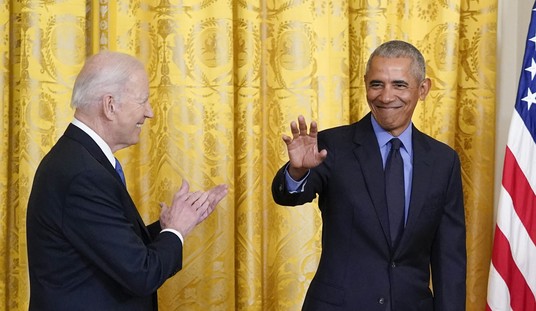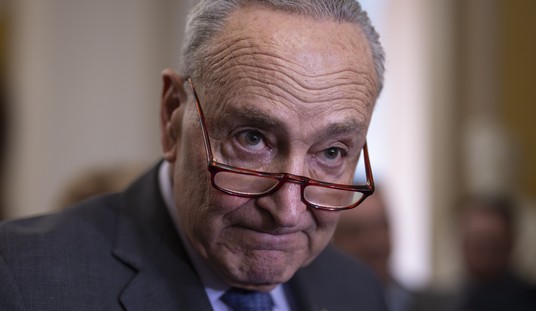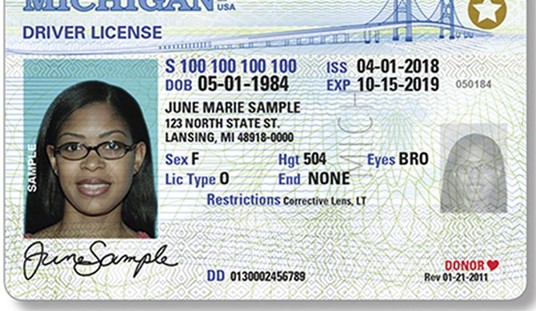Sometime in the next several months, a federal appellate court will choose between two narratives used to describe the Federal Communications Commission’s (FCC) decision earlier this year to regulate the Internet as a public utility using “net neutrality” rules:
- Was the FCC simply implementing the law as Congress had always intended; or
- Was net neutrality a ploy for an Internet power grab by three unelected bureaucrats?
A twitter conversation with net neutrality proponent Matt Wood, policy director at Free Press, indicates that the FCC’s version of “net neutrality” is the government’s “great Internet power grab.” The law does not require the FCC to regulate the Internet as public utility, and in the view of net neutrality opponents, the law does not even permit the FCC to do so. To the extent Congress has expressly addressed the “Internet” in the Communications Act, the law states, “It is the policy of the United States . . . to preserve the vibrant and competitive free market that [previously] exist[ed] for the Internet and other interactive computer services, unfettered by Federal or State regulation.”
This truth is the reason that Free Press is so vehement about its disingenuous suggestion that “the law” has always required the FCC to regulate the Internet as a public utility.
The thing about #TitleII GOP members can’t seem to grasp is that it draws a line between content and telecom networks. (1/3) #subcommtech
— Matt Wood (@mattfwood) November 17, 2015
I took issue with Mr. Wood’s suggestion that Title II draws such a line.
I expect #TitleII GOP members can’t grasp why you think that is the law. At *best*, it’s ambiguous. @mattfwood #subcommtech — Fred Campbell (@fredbcampbelljr) November 17, 2015
If Title II drew a line between content and networks, the Supreme Court in the Brand X case would not have affirmed the FCC’s 2002 decision that cable broadband Internet access service was not a “telecommunications service” subject to regulation under Title II (the cable modem order). Mr. Wood, acknowledged this point in his next tweet, which cited Justice Scalia’s dissenting opinion in Brand X as support for his view of “the law.”
Justice Scalia & I don’t think so, but if FCC truly has discretion then why all the grandstanding on FCC breaking the law? @fredbcampbelljr — Matt Wood (@mattfwood) November 17, 2015
I noted the apparent inconsistency between the legal line between content and networks that he alleges Congress drew in Title II and the Supreme Court’s opinion in Brand X.
It seems you admit your view of “the law” conflicts with the Supreme Court opinion in Brand X. @mattfwood — Fred Campbell (@fredbcampbelljr) November 17, 2015
That’s when Mr. Wood acknowledged that, according a majority of Supreme Court justices, the law does not require the FCC to draw a line between Internet content and networks.
My view of the law is that the Supreme gave the FCC the discretion. To make this call, while Scalia said it must be telecom @fredbcampbelljr — Matt Wood (@mattfwood) November 17, 2015
In Brand X, the Court determined that Congress was silent or “ambiguous” on Internet regulation in the statutory provision at issue, so the Court deferred to the FCC’s legal interpretation (at the time) that it could not regulate the Internet. In other words, if Congress had drawn a line between Internet content and networks that the Supreme Court could “grasp,” the Court would have reversed the FCC’s cable modem order excluding broadband Internet access service from Title II regulation — which brings the conversation full circle.
I expect #TitleII GOP members can’t grasp why you think that is the law. At *best*, it’s ambiguous. @mattfwood #subcommtech — Fred Campbell (@fredbcampbelljr) November 17, 2015
The question before the federal appellate court this fall is whether the same statutory ambiguity addressed by the Supreme Court in Brand X means the FCC has the discretion to regulate the Internet as a public utility under Title II instead.
That is the great irony of the imaginary line Free Press claims Congress drew between Internet content and networks. If the federal appellate court affirms the FCC’s net neutrality rules, it would mean Congress gave the FCC discretion to do any of the following:
- avoid regulating broadband Internet access services at all (the cable modem order),
- lightly regulate broadband Internet access services so long as the regulations do not constitute “common carriage” obligations (the “Section 706” approach), or
- impose full “common carriage” obligations on broadband Internet access services under Title II (the Obama plan).
Discretion that broad would not be a “graspable” line between content and networks; it would be a clean slate on which the the FCC can draw whatever lines it likes.
That’s the short answer to Mr. Wood’s question regarding “all the grandstanding” about the lawlessness of the FCC’s most recent net neutrality order. The Constitution permits Congress to delegate authority to an administrative agency only so long as the statutory delegation provides an “intelligible principle” to which the agency is “directed to conform.” It’s difficult to see how interpreting the Communications Act as giving the FCC unfettered discretion to decide whether or not the agency should regulate the Internet could be described as an “intelligible principle.” If the court upholds the FCC’s net neutrality order, the statutory scheme could just as well be described as an illegal delegation of power to three unelected bureaucrats over the future of the Internet.













Join the conversation as a VIP Member